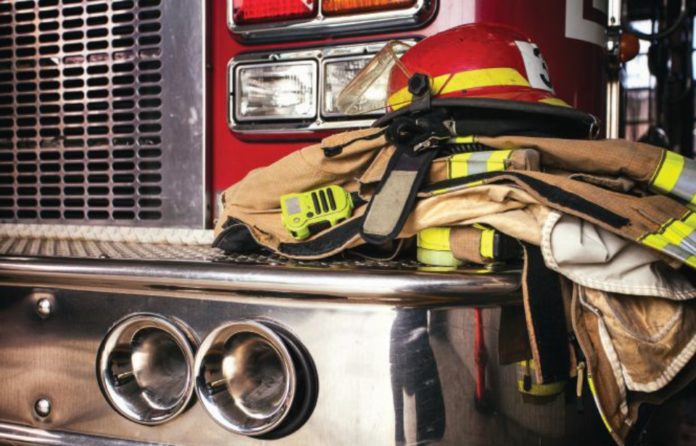In early May of last year, the North Carolina House passed legislation that would create a presumption that nine forms of cancer are occupations diseases for firefighters when covered under the state workers compensation laws. Doing so, it would change who must carry the burden of proof when firefighters make workers compensation claims involving those forms of cancer.
Currently in North Carolina, firefighters must show that their cancer was caused by work conditions; under the bill, it would fall to their employers — mostly municipalities — to prove that the nine listed cancers were not caused by work conditions.
House Bill 520 passed unanimously in the House. It did not move in the Senate, but remains eligible this year.
The legislation, though, continues a trend across the country of shifting the burden of proof in these cases onto local governments, meaning higher costs for firefighters in workers compensation coverage costs.
It is important to remember that these are workers compensation claims, and that full-time firefighters typically have health care insurance coverage through their employment — something that is sometimes lost in media coverage of these case and the larger issue. Nonetheless, firefighters and their advocates point out that they can still be left with hefty out-of-pocket health expenses, run out of sick days to cover workdays lost while out of the job and left with other disability costs.
They also argue that the fires that they fight today expose them to more toxic chemicals than ever before, linking that to the higher incidence of certain cancers in firefighters than in the general public at large.
Those arguments have proven convincing in many state capitals.
Thirty-three states have approved legislation that puts the burden on municipalities and other employers in workers compensation claims involving first responders for certain occupational-related cancers and diseases, according to the nonprofit First Responder Center for Excellence.
Firefighters are deserving. The issue with the proposal, however, is that it creates an unfunded mandate by the state and that the workers compensation system was set up to treat all local government employees equally, a fact set forth in a 1951 court case that involved firefighters and additional benefits.
There may be other solutions that avoid litigation, including some that could put money into the hands of firefighters more quickly. Just changing the presumption will not avoid court fights. That has been proven true in other states that have adopted legislation similar to HB 520.
In fact, League staff has been in discussions to explore other options that might prove more valuable to firefighters and more affordable for their municipal employers.
There is good reason to explore these options. In those 33 states that have adopted cancer presumption legislation, many are finding that providing benefits through the workers compensation system has not been the panacea that firefighters believed. Cases are still being litigated, and firefighters in need of an immediate benefit are not receiving it.
In Texas, where presumption legislation was approved in 2005, 87 percent of claims made under the law are still litigated.
Increasingly, though, more states are looking for ways to address the issue outside of the workers compensation system.
Approaches in Georgia, Mississippi and Alabama are focused on providing a lump sum benefit for firefighters diagnosed with certain cancers upon their diagnosis.
Providing such benefits — either through additional insurance outside of the workers compensation system, a state benefit program or some combination — gets needed money to firefighters more quickly and is much more affordable for employing municipalities.
After the Alabama law was passed last summer, Decatur City Fire Chief Tony Grande told the Trussville Tribune, “Sometimes the potential battle with workman’s comp can be overwhelming when you’re already in a bad situation.”
Alabama legislators, meanwhile, called the legislation a “win-win,” bringing new benefit resources for firefighters and doing so at a more affordable cost for municipalities.
Meanwhile, in North Carolina, the House bill sits in a Senate whose leaders have been very reticent about upsetting a balance made in the workers compensation system, regardless of who is affected. After all, that balance is important not just to workers and public employers, but private employers as well.
That doesn’t mean that the legislation couldn’t pass in 2020. It might mean there needs to be a better way.














